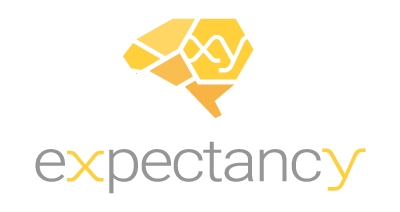Effectively leading people requires a combination of management and coaching skills to engage employees and meet organizational goals more efficiently. However, providing more consistent feedback and coaching to influence and give direction to everyone on a team can leave managers frustrated due to the sheer amount of effort required to do it well. Knowing that there are real benefits to providing consistent feedback and quality coaching, why don’t more organizations invest in tools and resources to make these practices easier?
This problem is not uncommon. Leaders everywhere are tasked with getting the most out of their people and are facing many of the same challenges. Before learning about how to address these problems, it’s important to understand what the most common challenges are.
The 3 common challenges in giving feedback and coaching
1) Not knowing where the individual knowledge and skill gaps are
Knowledge and skill levels are unique to each employee and in most cases vary greatly. Skill gaps between new hires and an employee with ten years of experience may be completely different. The problem is that without knowing the individual being coached for an extended period of time, or following their day-to-day work routines, it can be very difficult to pinpoint their exact gaps. This impacts the personalization and ultimately the effectiveness of the development plans made for those being coached.
2) Communication
Between individual projects, quarterly goals, and the number of people on the team, it can be difficult to schedule frequent check-ins with those being coached. This is especially true when the individuals are scattered across different departments, travel often, or work from home frequently.
3) Success is hard to measure
Goals have been set and the individuals being coached are working hard to achieve them, but how do you truly measure progress and success? Taking the ROI or simply gathering feedback from the individuals alone are shallow forms of measurement. To gather a holistic measurement of success, many factors need to be assessed. These may include pre and post assessments, review sessions with all stakeholders, assessments and feedback from peers, and overall productivity changes.
Without a formal platform, the challenges are amplified!
All of the challenges previously described are difficult for their own reasons, but without the right tools in place to support coaching and feedback, they will continue to limit leaders ability to perform these important practices. The right talent management platform helps leaders identify skill and knowledge gaps through various assessments, map critical skills and competencies, create a place for easy communication, and measure real quantifiable progress and results. To see what this kind of platform can do for your organization, check out Expectancy Learning.


